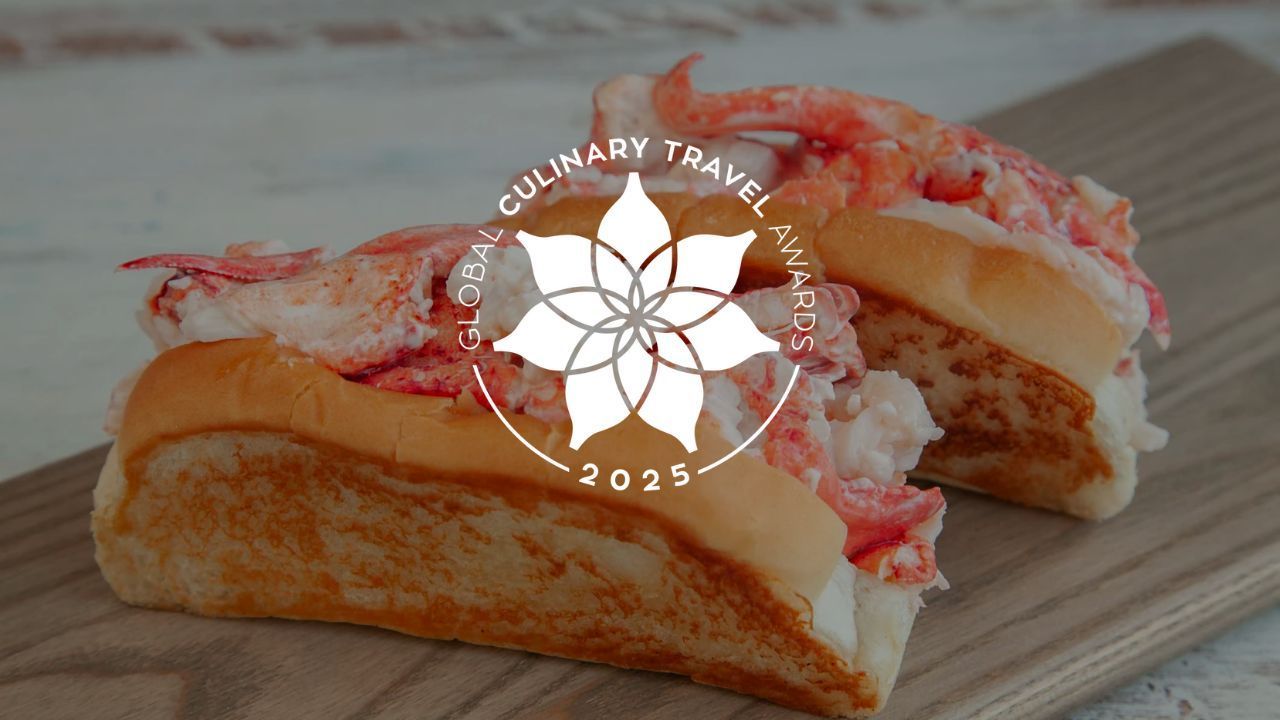Do Your Destination’s Local Foods Take a Back Seat?
Our previous article on bioregional foods reflected the importance of local foods as a tool to support sustainable development goals using food or beverage festivals. Some tourism destinations focus on their culinary culture, while others treat food as a mere necessity. Local foods do not always play the role they could, and should, for all types of travelers.
In destinations such as Spain, the United States, Ireland, Italy, and others, many tourists now expect that local food experiences are easy to find. Other tourists only view food as nothing more than a necessity. Some destinations ignore or downplay their local area’s culinary culture. Other destinations are simply unaware of the importance of their area’s culinary culture or don’t believe they actually have one.
At the World Food Travel Association, we seek to nurture sustainable culinary tourism development. The theme of this year’s FoodTrex Global Summit is sustainability in food tourism (or gastronomy tourism if you prefer).
Local food systems are one of the top economic contributors to any region. Any loss of tourist spending on local food products and experiences is a significant monetary loss to businesses and the area’s economy. Therefore, it is in a destination’s best interests to help visitors understand why they should buy local products.
When tourists indulge in local food experiences or buy from small independent businesses that sell locally sourced food products, that tourists’ spending is a fresh infusion of cash that stays in the destination up to 7 times longer than cash that is “exported” to the corporate headquarters of chains. Yet many tourists are apprehensive to try new food or beverage experiences. Their reasons vary, but the end result is the same – many of them prefer to “stick with what they know” and eat their meals in their international hotels or at chains whose names they recognize.
A major barrier concerning the sale of local foods is the lack of awareness and information available to tourists about local foods and safety practices. Tourists seek authenticity, and destinations and businesses can increase the value and appeal of local food products and experiences by presenting them in a way that is “palatable” to visitors.
The solution can be something as simple as adding information or signage that helps customers recognise if the product in question is locally produced. Or introduce a local cooking style or recipe in a magazine or video. And explain to visitors how many local people or families are supported by their spending at local businesses.
While promoting local foods, businesses also have further barriers due to pricing, market forces and competition. Nevertheless, there are opportunities for retailers, shops, restaurants and hotels to fill this gap by building new relationships with local producers and suppliers. It could be something as simple as letting know the customer at the counter about the chocolate they purchase by introducing stories about the local chocolate producers, their production quality or healthy practices.
Something similar can be done by lodging establishments or restaurants too, like selling local food products as souvenirs, thereby creating a new revenue stream. Our Food Travel Monitor market research reports showed that 70% of people surveyed stated that they bring local food or drink back home as a gift. It may not sound like it is worth the trouble, but the economics prove otherwise.
Some visitors might complain that local culinary products cost more, so you need to show them why. Reasons for the higher costs include products made in smaller batches, products made by hand, higher cost of source ingredients, and products with an elaborate or labor-intensive manufacturing process.
To give you more clarity on this topic and ideas on how you can make your local foods more available to visitors, we invite you to attend “Is Local Food Taking A Back Seat For Visitors?” presented by Gabriel Laeis, a professor of Hospitality Management at Germany’s IUBH International University. His specialty is the integration of sustainability with hospitality and gastronomy. Apart from his experience working for several hospitality companies, he is also well known for co-organising the first conference on tourism and the UN’s Sustainable Development Goals (SDGs) in Auckland, New Zealand.
Written by Nivethitha Bharathi. Edited by Erik Wolf.











